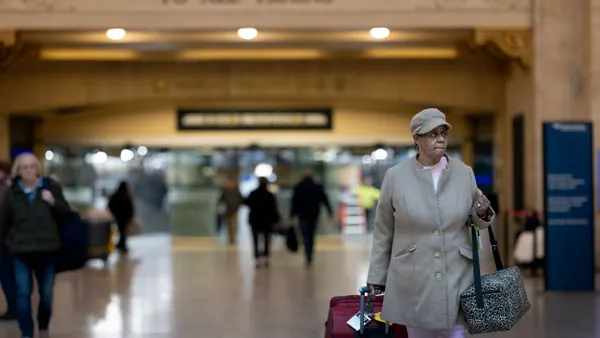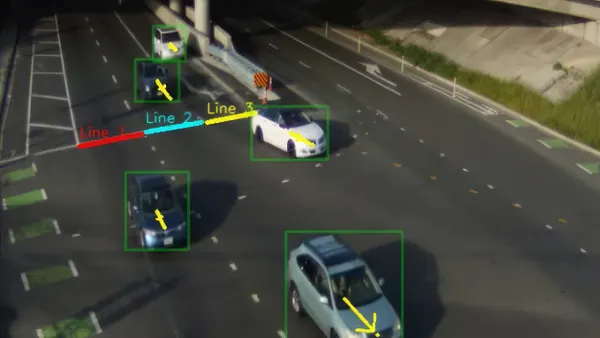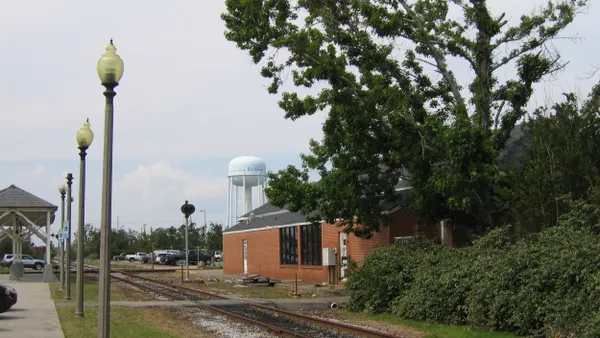Dive Brief:
- New Orleans City Council President Jason Williams announced the city's Utility, Cable, Telecommunications and Technology Committee will explore various initiatives to improve New Orleans' energy technology as part of a "smart cities concept."
- The committee unanimously passed a resolution to open a utility docket and require Entergy New Orleans (ENO) to develop a grid modernization plan. The committee will also explore options for micro-grid deployment across the city, and will work to increase energy-efficiency in buildings, increase the use of electric vehicles (EV) and deploy more EV charging stations.
- Williams touted the smart cities concept as "a once in a generation opportunity for our city to be proactive in integrating all of these amazing technologies into a comprehensive program to improve our city with one overriding priority that our entire community, including lower-income residents, will benefit. Access to state-of-the-art technology cannot be a luxury enjoyed by a few; it must be a necessity shared by all."
Dive Insight:
Though the resolution was just passed by committee, ENO already launched its smart city efforts with a multi-year plan to install residential smart meters for customers to gauge and price electricity use by 2021. The price tag on this initiative, however, could be an issue, as the New Orleans Advocate reports it could cost customers up to $75 million. It is unclear what these newer smart city concepts will cost the city or Entergy customers, but it is likely that more funding will be needed to move forward with the initiatives.
Outside of energy tech, New Orleans has made strides in pursuing other smart development. While the city fell short of winning mobility funding in the 2017 U.S. Department of Transportation Smart City Challenge, it still pushed forward in installing high-tech scanners on RTA buses, launched a new street car line in the French Quarter and unveiled a Blue Bikes bike-share program for city residents. New Orleans also became one of the first cities to receive a What Works Cities certification, which recognizes New Orleans' efforts to incorporate data into governance.
To become a true smart city, New Orleans will also need to work toward improving quality of life through climate resilience. The city is one of 55 from around the world that has faced a population decline since 2000 — partially due to Hurricane Katrina and other natural disasters — and while it is a C40 city, it has failed to pledge to some climate-cautious initiatives like the Fossil-Fuel Free Streets Declaration.










